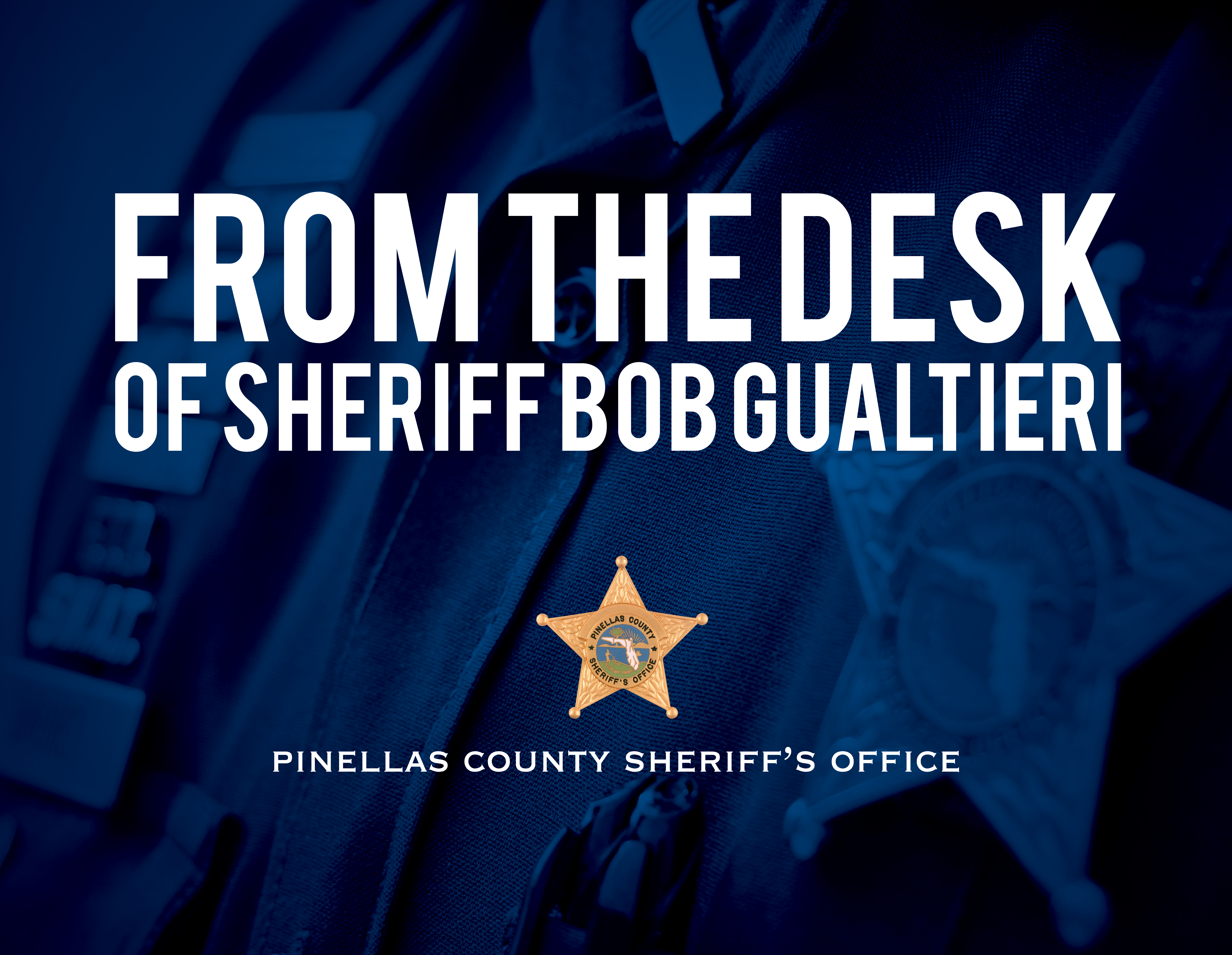Learn Crypto Safety in National Cryptocurrency Month

October is National Cryptocurrency Month, and while some places may be encouraging you to invest this month, I want to make sure you’re on the alert for scams involving cryptocurrency.
Cryptocurrency, or crypto, may seem like an exciting idea. You may have heard that people have made a lot of money from crypto (even though most people actually lose money.) Investment scams might be as simple as advertising amazing returns, then leaving you with a shrinking wallet. But often the scams are targeted, long term, and calculated to take all of your savings. One of the most common is known as the Pig Butchering Scam.
In this scam, the criminal develops a relationship with the victim. After approaching them through dating apps or social media, they will take time to build a rapport, chatting with the victim, taking an interest in their life, and pretending to have a lot in common with them. They don’t strike right away, but give the relationship time to develop. Then they subtly begin to talk about how much money they’ve made with crypto. They might not even offer to help the target invest at first, but wait for them to start asking questions. By now they are a trusted girlfriend or boyfriend.
It starts with a small investment that appears to reap huge rewards. The target invests more and more money through a fake website, and their net worth appears to increase. But the profits aren’t real, and when they try to make a withdrawal there’s trouble. Suddenly they have to pay a commission, a tax, or some other fee, and there’s always some excuse why they can’t get their supposed earnings. Eventually everything they have invested is gone, and the website vanishes.
Similar versions of this might involve a charismatic investment guru, or even someone pretending to be a celebrity. If any person you met online but have never seen in real life starts talking about cryptocurrency, be on guard.
In addition to investment scams, there are plenty of other scams that demand payment in cryptocurrency. Scammers will pretend to be from your power or utility company, SunPass, or the IRS, saying that you owe them a lot of money and you’ll be in a lot of trouble if you don’t pay now. A scammer might even impersonate a deputy and say you have a warrant and will be arrested if you don’t pay a fine immediately. Or maybe someone impersonates a loved one, using AI to recreate their voice or image, making you think they’ve been hurt or arrested and desperately need money. For all of these scams, the scammer might tell you to pay them in cryptocurrency.
Remember this: any time someone asks you to pay in a non-traditional way, such as with cryptocurrency, gift cards, or cash mailed or left somewhere, it is almost certainly a scam. These payment forms are extremely hard to trace and recover, making them perfect for criminals. If anyone contacts you out of the blue, be suspicious. If they ask for crypto, be doubly suspicious. Don’t let anyone rush you. Find out on your own if the threat is true. Or call the Pinellas County Sheriff’s Office non-emergency number, 727-582-6200, and let us help you figure out if someone is trying to take advantage of you.